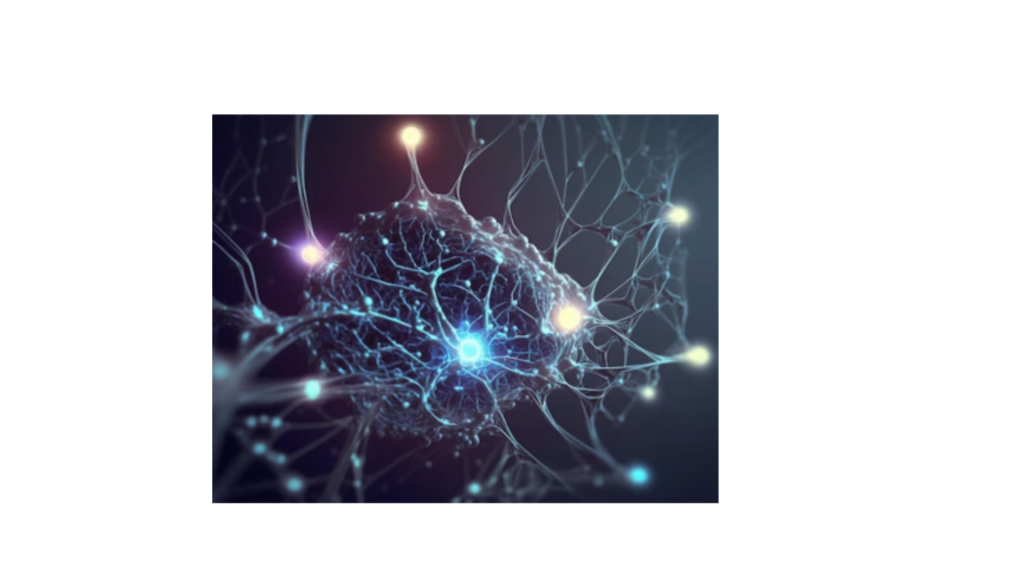Nano-technology: A New Frontier
The World is shrinking, there’s a deep and unexplored world beyond what the human eye can see, the microscopic world is truly alien and fascinating, delving further than the microscopic scale we are going to explore the potentials of working in a nanoscopic level working at a level of billion times smaller than the average scale we work at today, this is nano-technology.
Nano-technology is the science of building small, really really small, it’s pretty difficult to imagine how small a nanometer is, for instance, let’s take the nib of a pen- it itself being around a million nanometers wide, whereas a sheet of paper is around 75 thousand nanometers thick(nowhere close to finding 1nm).
The nanometre is often used to express dimensions on an atomic scale, a nano is super tiny, we are talking “subatomic tiny”, but why does it matter how small it is? Why do we look at smaller particles?
Well, they ultimately teach us about the universe that we live in, we can do really interesting things with them. When we move into the nanoscale we can work with new domains and physics that does not really apply at any other scale. Nanoscience and Nanotechnology can be used to reshape the world around us, literally, everything on earth is made up of atoms, the food we eat, the clothes we wear, the buildings and houses we live in, even our bodies are made up of them up to some percentage.
Scientists have the power to adjust and fine-tune material properties and they’ve actually been able to do this for some time now, it’s possible to change properties such as melting point, fluorescence, electrical conductivity, magnetic permeability and chemical reactivity.
Nanotechnology has been pivotal in advanced computing and electronics leading to faster, smaller, smarter and more portable systems and products. It is now considered completely normal for a computer to be carried with one hand, while just 40 years ago, a computer, infinitely slower was the size of a room, this has been made possible through the miniaturization of the world of microprocessors.
Nanotechnology is a definite answer to a digital world that is focused on becoming smaller and more efficient, but some of the world’s bigger and more pressing problems, there are many applications for detecting and cleaning up environmental contaminants. It is anticipated that Nanotechnology could contribute significantly to environmental and climate protection by saving raw material energy and water and reducing greenhouse gases and hazardous wastes from increasing the durability of materials that they last longer and reduce waste created of insulation materials that improve the efficiency of paper towels allowing them to absorb twenty times its own weight.
According to a Lux Research estimate released in December 2015, “The U.S. leads in government (state and Federal) nanotechnology funding with $1.72 billion spent in 2013 and $1.67 billion spent in 2014.
Nanotechnology sounds like a solid solution to many modern medical and technological issues, it makes you wonder how prominent they’ll be in daily life in the future.



